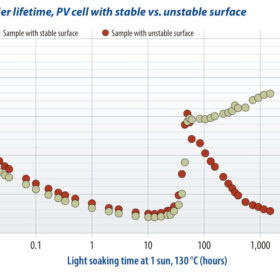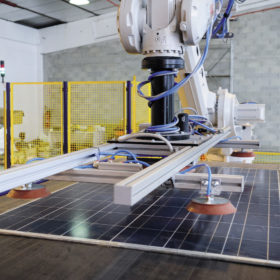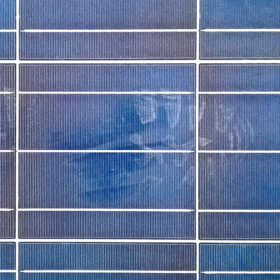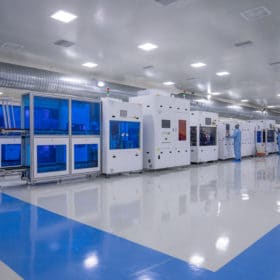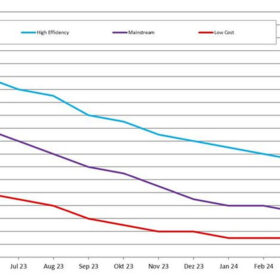The long read: A deeper understanding of LeTID
Australia’s University of New South Wales (UNSW) has built a reputation for strong collaboration with the PV industry, from cell passivation through to the causes of degradation. Malcolm Abbott, a senior research fellow, directs one of the UNSW teams that is continuing its work into light and elevated temperature-induced degradation (LeTID). He recently spoke with pv magazine to provide an update.
The long read: Circular innovations
Slowly but surely, environmental concerns are making their way into mainstream thought throughout the PV industry. A look at recycling offers an example of this, with stakeholders trying to get ahead of the high volumes of end-of-life modules already on the horizon. pv magazine examines the technologies that will be needed, alongside policy and economic support, to keep the bulk of these modules out of landfill and ultimately to establish a circular economy for PV materials.
The potential of microgrids and storage for India
“The addition of microgrids creates opportunities for developers to penetrate areas which were not previously explored while allowing the government to meet its renewable energy targets,” says Dr Jayashri Ravishankar—senior lecturer at the University of New South Wales (UNSW), Sydney—in an interview with pv magazine.
Australia considers how to profitably upcycle 80 million tons of PV waste
With concern rising about future solar waste in India, research by the University of New South Wales has examined the economic barriers, technologies and opportunities offered by recycling end-of-life silicon PV modules.
